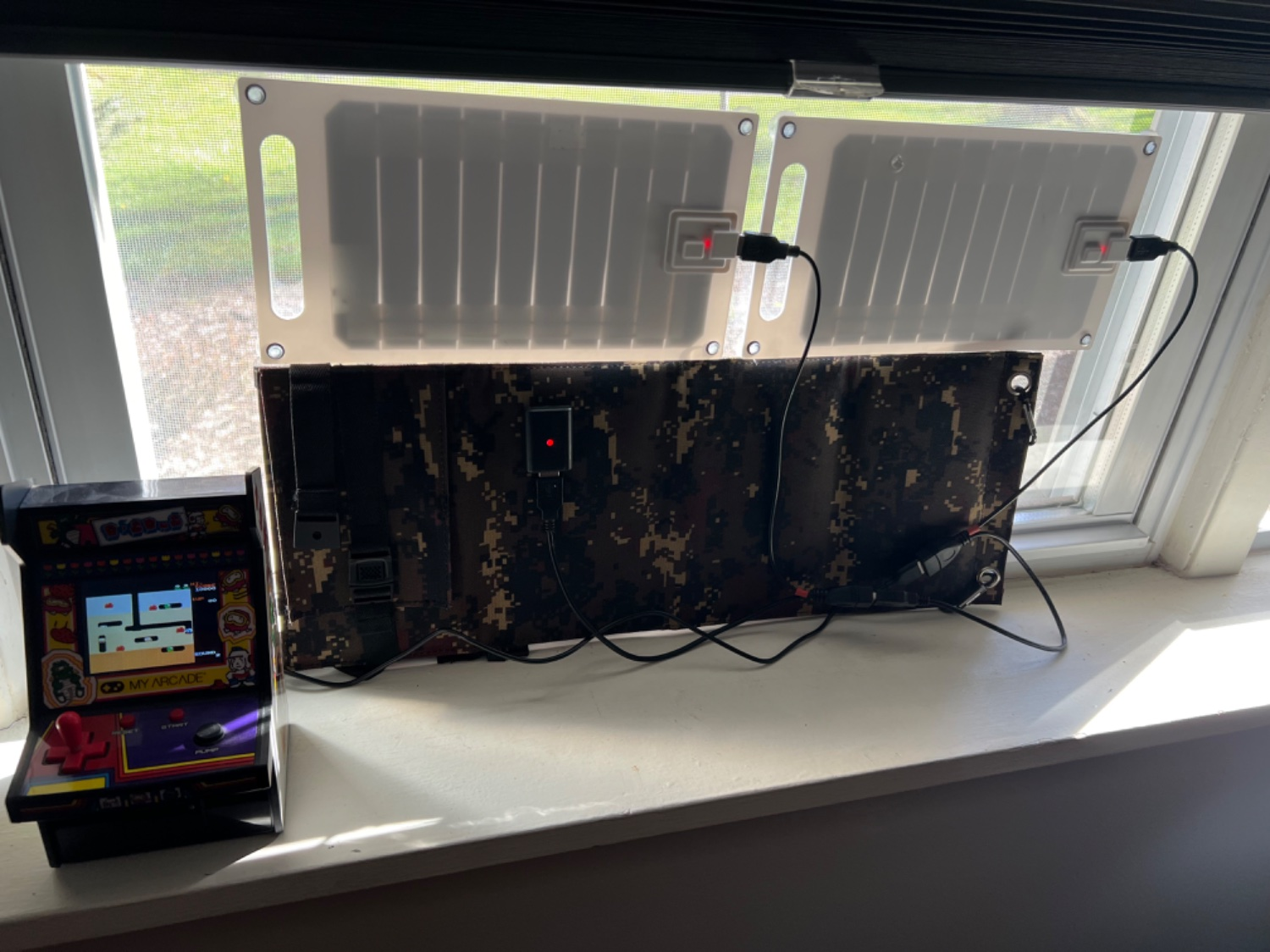Of course that’s how sanctions work.. against nations. Linux isn’t a country, it’s not an American asset. They could have resisted. Linus chose not to.
___
It’s on sa, so ok.
This is what I’m thinking. The file originally overwrote an older one, I muxed in and synced truehd audio into the original and ended up copying it back after forgetting a subtitle track. It definitely went back and forth with the same name a few times. It’s probably something with the Unix ACLs. Still concerning that it crashes the SMB daemon.
Mindless Self Indulgence
A blue whale would be impressive.
Exactly. All the hype and excitement over a locked down arm ecosystem with evaporating battery life advantages. No thank you. Development efforts are better served elsewhere. I would prefer the Linux community ignore it rather than support it over RISC-V.
Let’s whip out the spoons and replace our excavators!
If you want convicts to have jobs, fix how society views them so that they’re not pariahs.
Tron Legacy, the vibe is captivating.
Steam Deck has been cited by a number of articles.
Redox looks like it’s up and coming, hopefully something useable pans out from it once cosmic is rolled out of alpha.
Microkernel is an uptime and security benefit on modern hardware.


Short-sightedly.